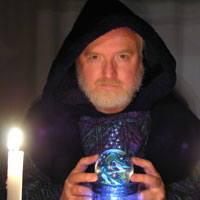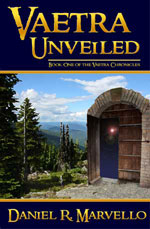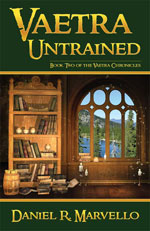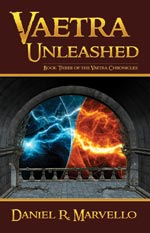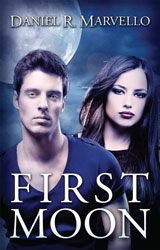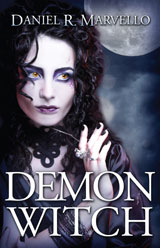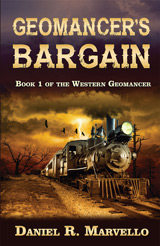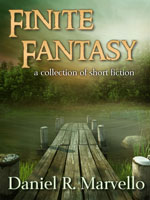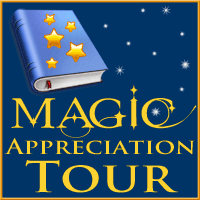When I set out to write my first novel, I knew I had a lot to learn.
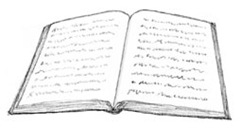 Although I’ve been writing for many years and have experience as a copy editor, most of my writing has been non-fiction. Sure, I’ve put together the occasional poem or ode. I’ve written short fiction passages when a particular scene gets stuck in my head. But a full on fiction novel? Nope. Nothing even close.
Although I’ve been writing for many years and have experience as a copy editor, most of my writing has been non-fiction. Sure, I’ve put together the occasional poem or ode. I’ve written short fiction passages when a particular scene gets stuck in my head. But a full on fiction novel? Nope. Nothing even close.
So why on earth did I think I could suddenly sit down and write a novel? And not just any novel, but a fantasy genre novel?
Well, here are my qualifications for starting down this path, as I see them:
- When I was in my teens and early twenties, I was an avid Dungeons and Dragons player. But my favorite part wasn’t the actual play time, it was the time before I got together with my friends. I spent countless hours building dungeons and theme-based “modules.” It was that world-building that I found addicting. It was like creating an interactive story.
- I read more fantasy than any other genre. I never thought about that as much of a qualification, but I’ve since read that writers should write what they like to read. It gives you a good sense of what makes for a decent story. You also get to know what’s been done (and overdone) before.
- The story scenes that spontaneously pop into my head and beg to be given expression are generally of the fantasy variety. There’s usually a sword or a magic spell in there somewhere.
But fiction writing is a different animal from non-fiction writing. World-building, plot and story, character development, sensory engagement, and dialog are virtually non-existent in non-fiction writing.
I knew I had my work cut out for me. But where to start?
I decided that I had to do two things to get rolling:
- Write every day
- Start reading up on the craft of fiction writing
Writing Every Day
I believe in the old saw “practice makes perfect.” If you want to get good at writing fiction, you need to practice every day. The more you practice, the sooner you get better. I realized that it didn’t matter whether or not I had a full story all figured out. I just needed to start writing so I could learn what I needed to learn.
So I started with a scene. I didn’t yet know the names of my characters or what the full plot of their story would be, but I had a scene in mind that I knew could play a part.
That’s where the magic began for me. While working on that one scene, my mind started expanding out into why the characters did what they were doing and how they got to be there. Motivations, personality, and the development of a world flowed out of that expansion.
It was so exciting that I literally get a tingle down my spine right now just thinking about it.
Reading about Writing
I’m a researcher. If I decide I’m going to do something, I’ll read as much as I can on the subject until the sources of information start to repeat each other. At that point I know I have found most of the basics and I’ll set off on my task.
My research plans relating to fiction writing include checking out one book per month from the library and following as many fiction writing blogs as I can stand. This will happen in parallel with my daily writing practice.
So far, my strategy is working very well.
The first book I checked out from the library was So You Want to Write by Marge Piercy and Ira Wood. I liked it so much that added it to my Amazon wish list. The second book was This Year Your Write Your Novel by Walter Mosley. Walter’s book is short (100 pages) and by necessity, it’s concise, but it was an interesting read. I took some notes from it that I’ll share with you some time.
As for blogs, I’m learning particularly good stuff from the following:
A Newbie’s Guide to Publishing
I also ran across a site recently called ElfWood. This site is a treasure trove of science fiction and fantasy art and writing. As amazing as it is, I have one main gripe: it’s difficult to find fiction writing. The main problem is that they do nothing to separate, or at least indicate, which items are poetry versus short stories or novels. And there’s a lot of poetry to wade through. The site is worth checking out just for the beautiful artwork, but I’m not sure how much value it will be to me as a budding fantasy author.
Blog about It
One of the recommendations I ran across while reading about writing was that authors should set up a blog to share their writing experiences. I believe the idea is that keeping up with a blog helps you maintain a perspective on what you are doing. Sharing your experiences gives you an incentive to keep moving forward, so you can report actual progress.
So here I am. I’ll share with you my progress and what I learn from my research. If everything goes according to plan, I’ll have my first book done by January of 2012. Feel free to tag along for the ride.
